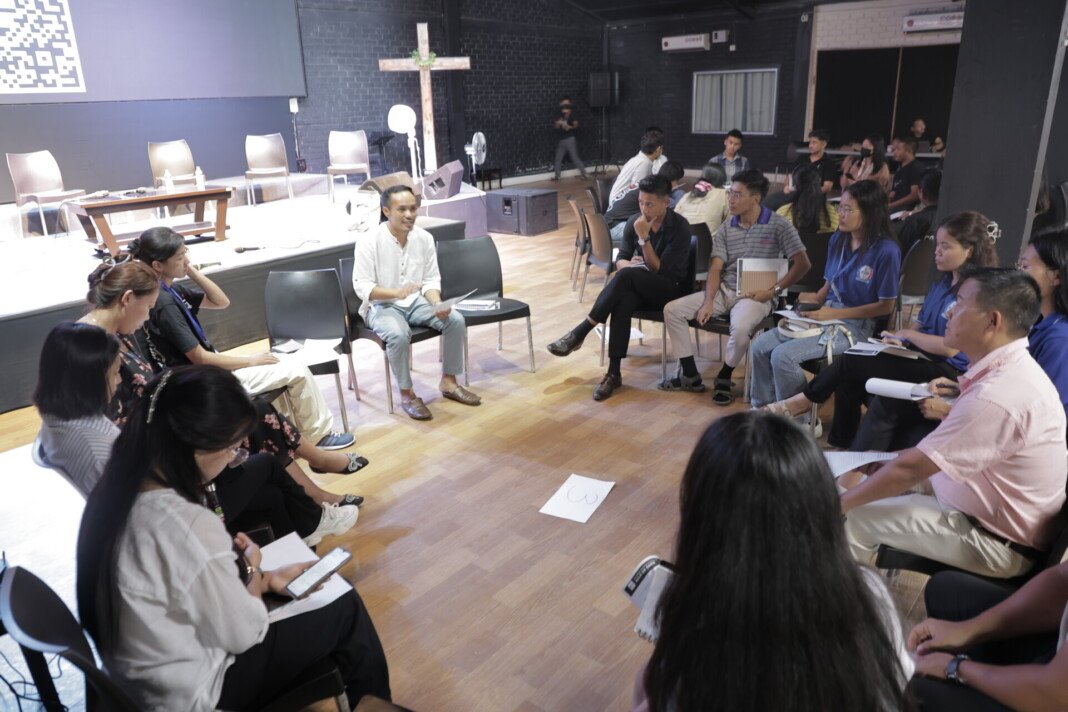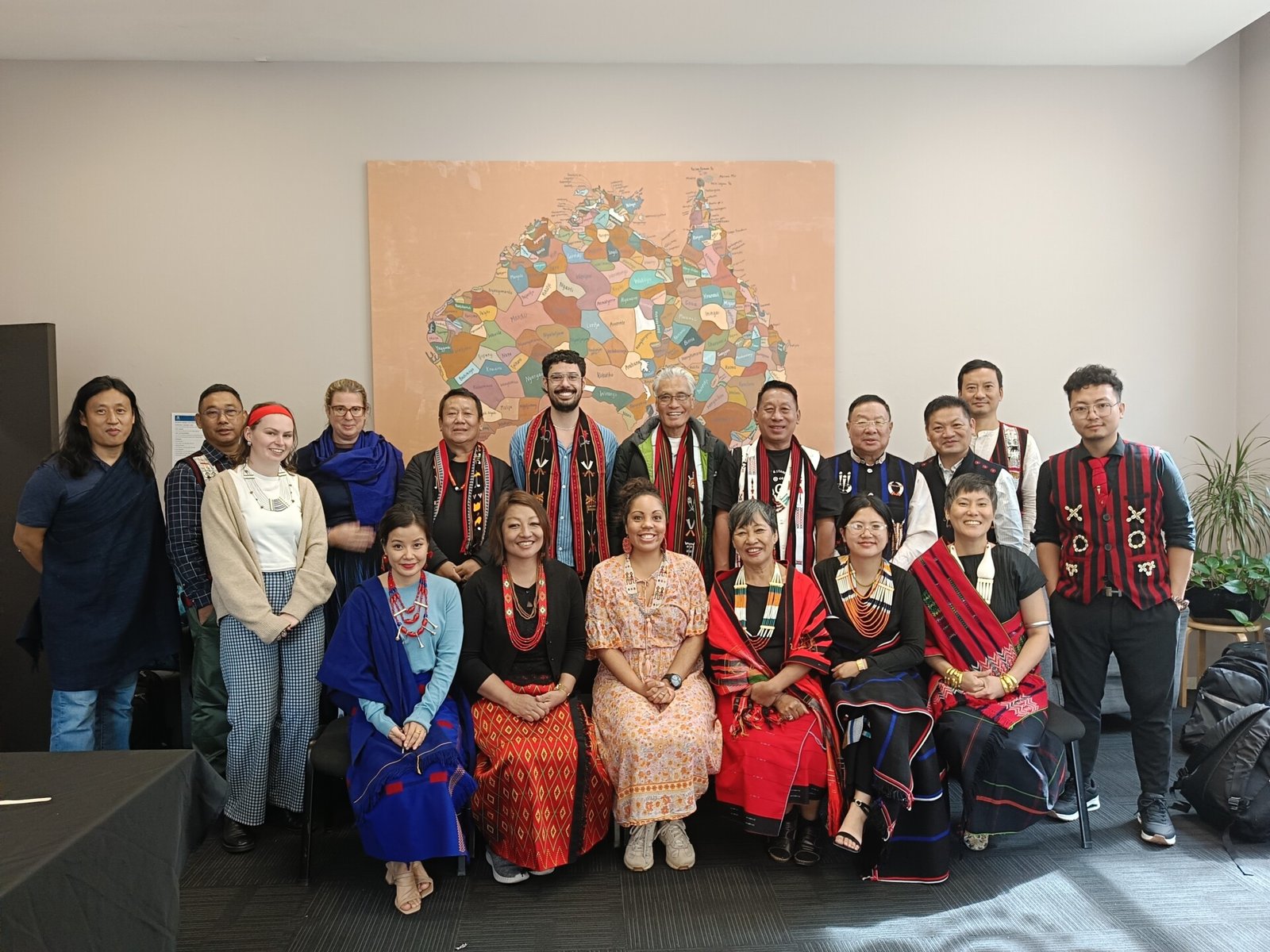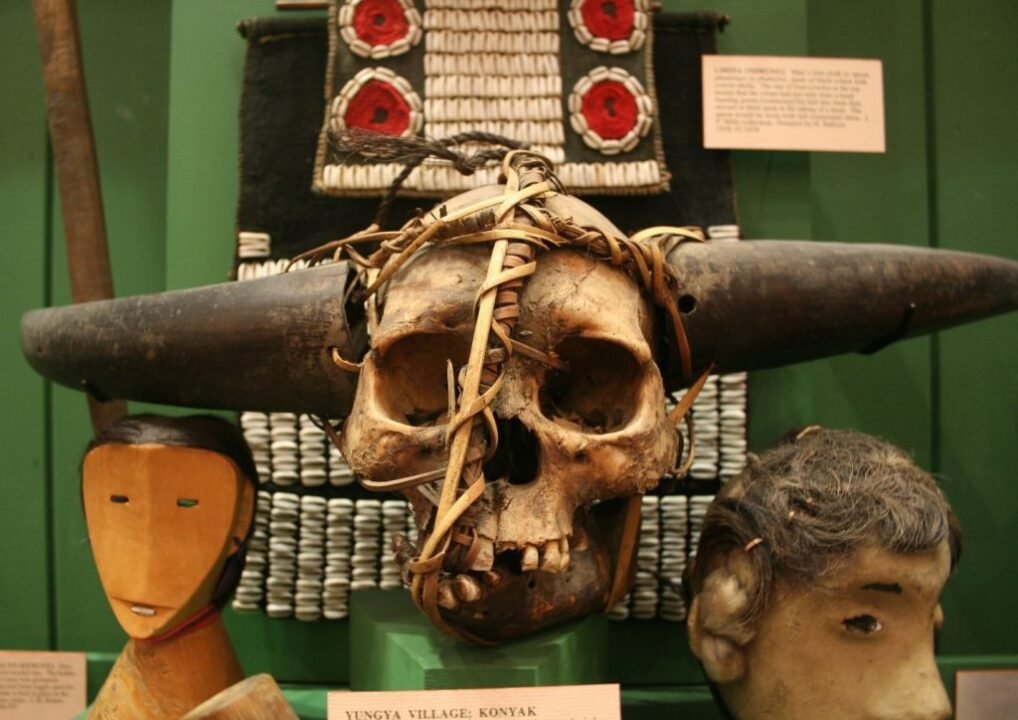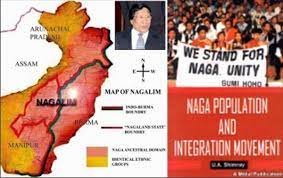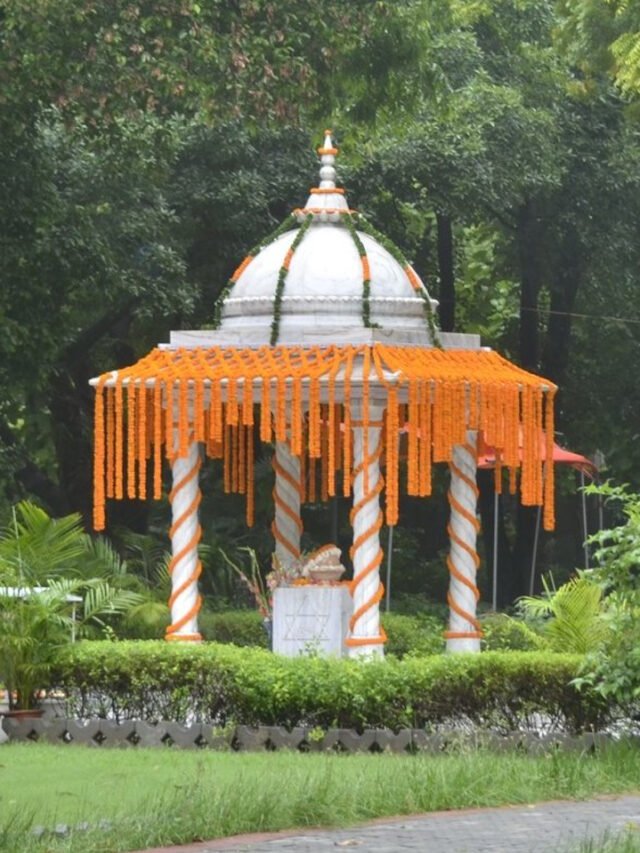DIMAPUR, Sept 10: The issue of repatriation of Naga ancestral human remains from the Pitt Rivers Museum, Oxford, the UK has come as a point of intervention for the Nagas. For two days, dozens of Nagas have engaged on issues of ‘repatriation’, ‘colonisation’, ‘decolonisation’, ‘trauma’, ‘healing’ and ‘reconciliation’ at the Lighthouse Church in Dimapur.
Convenor of the Forum for Naga Reconciliation (FNR), Rev. Dr. Wati Aier, in his address to participants at the “September Dialogue on Naga Repatriation, Decolonisation and Healing” on Friday, shared that repatriation offers Nagas “the chance to talk about the history of colonialism and its power, mourn the dead, and reconcile with the past in an effort to muster truth and justice.”
Dr Aier could not join the conference owing to commitments overseas but had his speech read out. In the speech, the reverend was resolute that the dead must be remembered and honoured according to customs and culture.
“In this act, the living Nagas have a sacred role in the cultural imperatives of last rites and its meaning for the living and in the flourishing of living communities,” he maintained.
The dialogue, organised by the Forum for Naga Reconciliation-Recover Restore and Decolonise (FNR-RRAD), is envisioned as an inter-generational platform for collaborative deliberations and discussions that support an environment to consolidate the repatriation initiative. At the dialogue, the participants comprise of college students, academics, professionals, activists, theologians, elders, and community leaders.
Dr. Visier Sanyü’s storytelling session on Friday found particular liking among young college students. Dr. Sanyü, an elder of the FNR, went on to narrate his ordeal of fleeing from the Indian army’s atrocities after their village (Khonoma) had been burnt down in the late 1950s, and how growing up, his family had to grapple with starvation.
“I really liked his story,” Himshen Chipen, a student of Patkai Christian College says. “He brought out such vivid details and we can only imagine what they underwent,” she quipped.
Dr. Sanyü also paid homage to the villagers of Matikhrü of the Pochury Nagas, recalling one of the most notable massacres by the Indian army on September 6, 1960. On this day, the 16th Punjab Regiment brutally tortured the men in front of their wives and children; nine men were beheaded and their bodies were set ablaze and burnt beyond recognition.
Dr Phyobemo Ngully, another FNR elder, insisted that it was time for the Naga people who have lived through intergenerational conflict and militarisation to address the chain reaction of the generational trauma.
Dr. Ngully, a retired psychiatrist, states that people with intergenerational trauma have been found to suffer from a sense of loss, brokenness, disempowerment etc. He contends that Nagas are living with much ambiguity and uncertainties, which has in turn eroded their humanity. “No wonder, we are unable to recognise and appreciate each other’s capabilities and potentialities,” he underscored, viewing that the success and achievements of others turn into a threat rather than an inspiration.
For Dr Aier, the possible repatriation of the ancestral remains can be an ‘occasion’ for rebuilding social structures, kinship ties, and community cohesion. “The return of our ancestral remains to their homeland enables each cultural group to reconnect with their cultural heritage and practices in a transformed and refined manner,” he says. (NNN)


